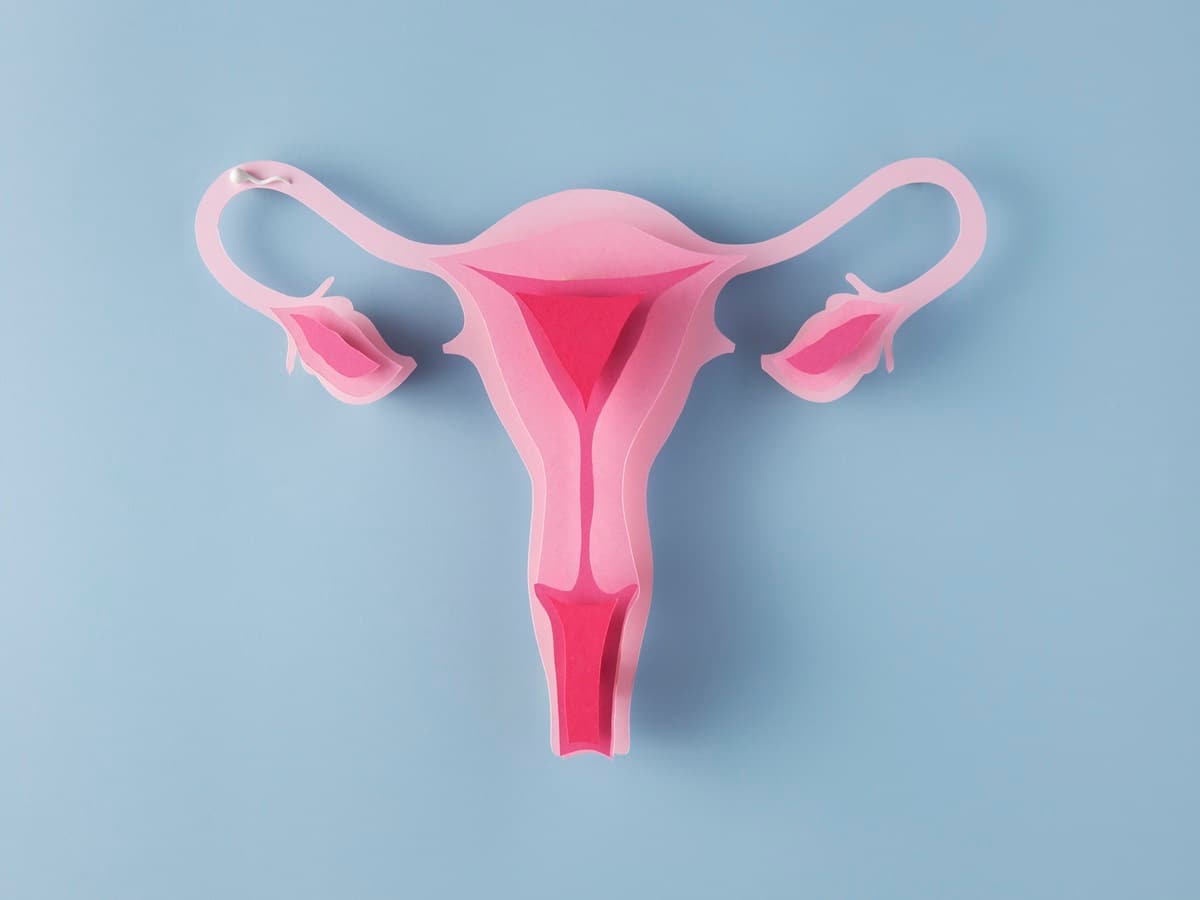Share this @internewscast.com

A study finds cold water swimming can help better menopausal women’s health. Read to know more.
A study led by UCL researchers delves into the impact of cold water swimming on the physical and mental symptoms of menopausal women. Published in Post Reproductive Health, the research surveyed 1114 women, with a focus on 785 going through menopause, to explore the potential health and well-being benefits associated with this unconventional activity. The study sheds light on the potential positive effects of cold water swimming for menopausal women, offering relief from various symptoms. However, it underscores the importance of caution due to associated risks, emphasizing the need for further research to better understand and maximize the benefits of this unconventional therapeutic activity.
Positive Impact On Menopausal Symptoms
The findings revealed a substantial improvement in various menopausal symptoms among women engaged in cold water swimming. The reported enhancements included anxiety (46.9%), mood swings (34.5%), low mood (31.1%), and hot flashes (30.3%). Additionally, a significant majority (63.3%) swam explicitly to alleviate their symptoms. Testimonies from participants described cold water as an “immediate stress/anxiety reliever” and referred to the activity as “healing.”
Cold Water’s Therapeutic Effect
Anecdotal evidence from the study showcased the profound impact of cold water swimming on women’s well-being. A 57-year-old participant emphasized, “Cold water is phenomenal. It has saved my life. In the water, I can do anything. All symptoms (physical and mental) disappear, and I feel like me at my best.” The study underscored the potential therapeutic role of cold water swimming in managing menopausal challenges.
Potential Alternative Solution
Professor Joyce Harper, the senior author from UCL EGA Institute for Women’s Health, highlighted the parallels between the study’s findings and previous research on cold water’s positive effects on mood and stress reduction. Acknowledging the need for more research into the optimal frequency, duration, temperature, and exposure for symptom reduction, the study suggests cold water swimming as a potential alternative solution for women grappling with menopausal symptoms.
Motivations And Risks Of Cold Water Swimming
Most participating women engaged in both summer and winter swimming, favoring swimming costumes over wetsuits. Beyond symptom relief, motivations included being outdoors, improving mental health, and exercising. While cold water swimming offers benefits, researchers emphasized associated risks such as hypothermia, cold water shock, cardiac rhythm disturbances, and drowning. Additionally, water quality concerns, like sewage pollution, pose health risks, warranting caution.
Limitations And Future Considerations
The study acknowledged potential bias, as it surveyed women already practicing cold water swimming. The online survey format might have attracted respondents who noticed a connection between menopause symptoms and cold water swimming. The researchers stressed the need for future investigations into the nuanced aspects of cold water swimming, considering factors like frequency, duration, temperature, and individual exposure for optimal outcomes.









